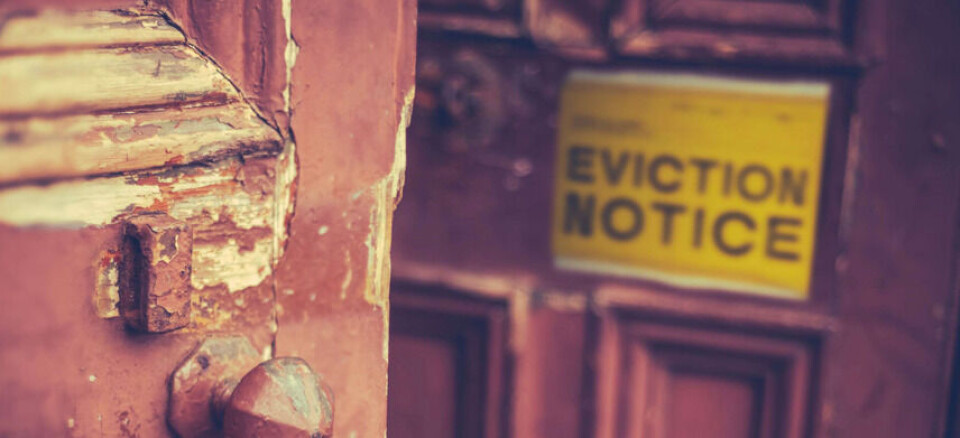Copyright : Re-publication of this article is authorised only in the following circumstances; the writer and Africa Legal are both recognised as the author and the website address www.africa-legal.com and original article link are back linked. Re-publication without both must be preauthorised by contacting editor@africa-legal.com
Boost for squatters’ rights

In an important court ruling regarding “squatters’ rights”, three South African judges have found that the City of Cape Town misapplied the law when it demolished shacks and evicted families from several informal settlements during the Covid-19 lockdown, writes Tania Broughton.
The law in question was that of counter spoliation – a legal remedy which allows people to forcibly re-take possession of property unlawfully taken from them.
The case had its genesis in the widely circulated forced eviction by city officials of a naked man, Bulelani Qolani, from his informal structure in a Cape Town township and the subsequent destruction of his “home” with crowbars.
Judges Vincent Saldanha, Mokgoatji Dolamo and Hayley Slingers said the City had been applying counter spoliation provisions far too broadly, believing that it could demolish half-built and unoccupied informal structures without a court order and without complying with the evictions provisions contained in the Prevention of Illegal Eviction from and Unlawful Occupation of Land (PIE) Act.
The judges – noting both the desperation of homeless people in South Africa and the ever increasing problem of land invasions, some for “nefarious and political reasons” – ruled that counter spoliation was neither unconstitutional nor invalid. However, they said, it could only be used in limited circumstances.
The City’s belief that it could use the remedy “at any stage before a fully constructed informal structure becomes occupied as a home” was misguided and wrong. They said it might be appropriate, for example, if someone was just putting pegs in the ground, but when a structure was half built the provisions of PIE kicked in.
In a statement, the City of Cape Town said it was considering appealing aspects of the court’s interpretation “as affording landowners only the narrowest of windows to protect property”.
“The City conducted 993 anti-land invasion operations in 2020/21 during the height of the national lockdown and large-scale orchestrated illegal occupation attempts, which led to the formation of some 159 settlements, mostly on uninhabitable, unserviceable land, at great health and safety risks.
“It is not feasible to follow lengthy court processes before responding to coordinated invasions, which are often backed by criminal syndicates seeking to profit from illegal plot-selling and electricity connections.”
The city said the court’s view could render protection of immovable property “all but impossible in practice”. However, the shack dwellers movement, Abahlali baseMjondolo, which acted as amicus curiae in the matter, welcomed the ruling. In the court, it argued that the routine and inflexible use of the counter spoliation remedy was at odds with the city’s constitutional duty to give effect to the rights of poor and homeless people to access adequate housing.
In finding that the series of demolitions and evictions, including that of Qolani, were unlawful and unconstitutional, the movement said the court had accepted its submissions that the right to counter spoliate was significantly narrower than the state and property owners had traditionally accepted.
“This means that once a person is present on land with the intent to construct a shack, and manifests that intent by beginning to erect a structure, they are (deemed to be) in possession and a court order is required to remove them.”
To join Africa Legal's mailing list please click here
